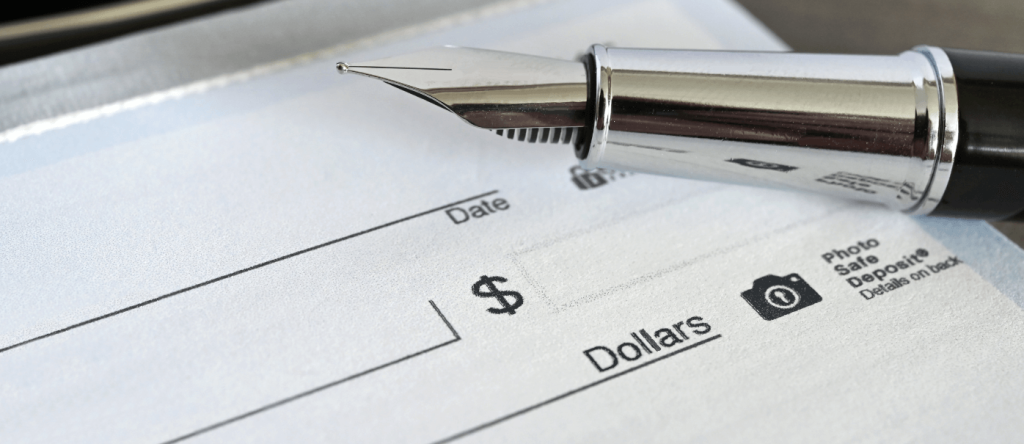Whether you itemize deductions or just want to make sure your contribution has the greatest impact, taking time to investigate a charitable organization can help you make sure your money is used wisely. Here’s what to consider before writing that check or clicking “donate now.”
How Efficient Is the Charity?
Not all nonprofits are created equal. While many are doing excellent work, others may spend a significant portion of their funding on overhead, marketing, or executive salaries. All of that ends up leaving a small percentage for actual programs. Understanding how your donation is used can help you give more meaningfully. That’s where independent research comes into play.
To get a clear picture of an organization’s effectiveness, it’s important to consult independent review platforms. There are a handful to choose from, but some of the best ones include Charity Navigator, which rates nonprofits on financial health and transparency, and CharityWatch, which takes a look at efficiency and governance practices. There’s also the BBB Wise Giving Alliance for reviewing detailed reports on charity accountability.
Any of these sites can help you spot red flags. Referencing them is also a great way to make comparisons between organizations that serve similar causes. That way, you can feel better about where your money is headed.
Watch Out for Scams
Fraudsters often look to develop lots of scams on generosity, especially during times of crisis. And unfortunately, their phone calls, text messages, and email solicitations can be entirely convincing. You want to make sure you’re handing over your credit card info to a reputable charity, not an unknown caller or by clicking on a random link.
Instead of responding right away, it’s best to take a proactive approach. Make a list of trusted charities, research their credentials, and then set a giving plan for the year. Then you’re not only protecting your money, but ensuring more of your donation goes directly to the cause too.
Ensuring Tax Deductibility
Contrary to popular belief, not all charities are eligible for tax-deductible donations. If you plan to claim your gift as a deduction, you’ll want to double-check that the organization is recognized by the IRS as a qualified 501(c)(3) nonprofit. You can do this quickly using the IRS Tax Exempt Organization Search.
Also keep in mind: cash donations of $250 or more require a written acknowledgment from the charity. Turning to a canceled check won’t be enough. If the confirmation isn’t provided, you could lose the deduction. For smaller donations, though, keeping your receipts and bank records is typically sufficient. It always pays to keep your records in order throughout the year.
We Can Help You Give Smarter
Charitable giving is a meaningful way to make a difference—but those good intentions need to pair with smart planning. At NSO & Company, we help clients ensure their donations are both impactful and properly documented for tax purposes. Whether you’re looking to build a giving strategy or just want to know that your contributions will be tax-compliant, our team is here to guide you every step of the way! Contact us today with any questions.

